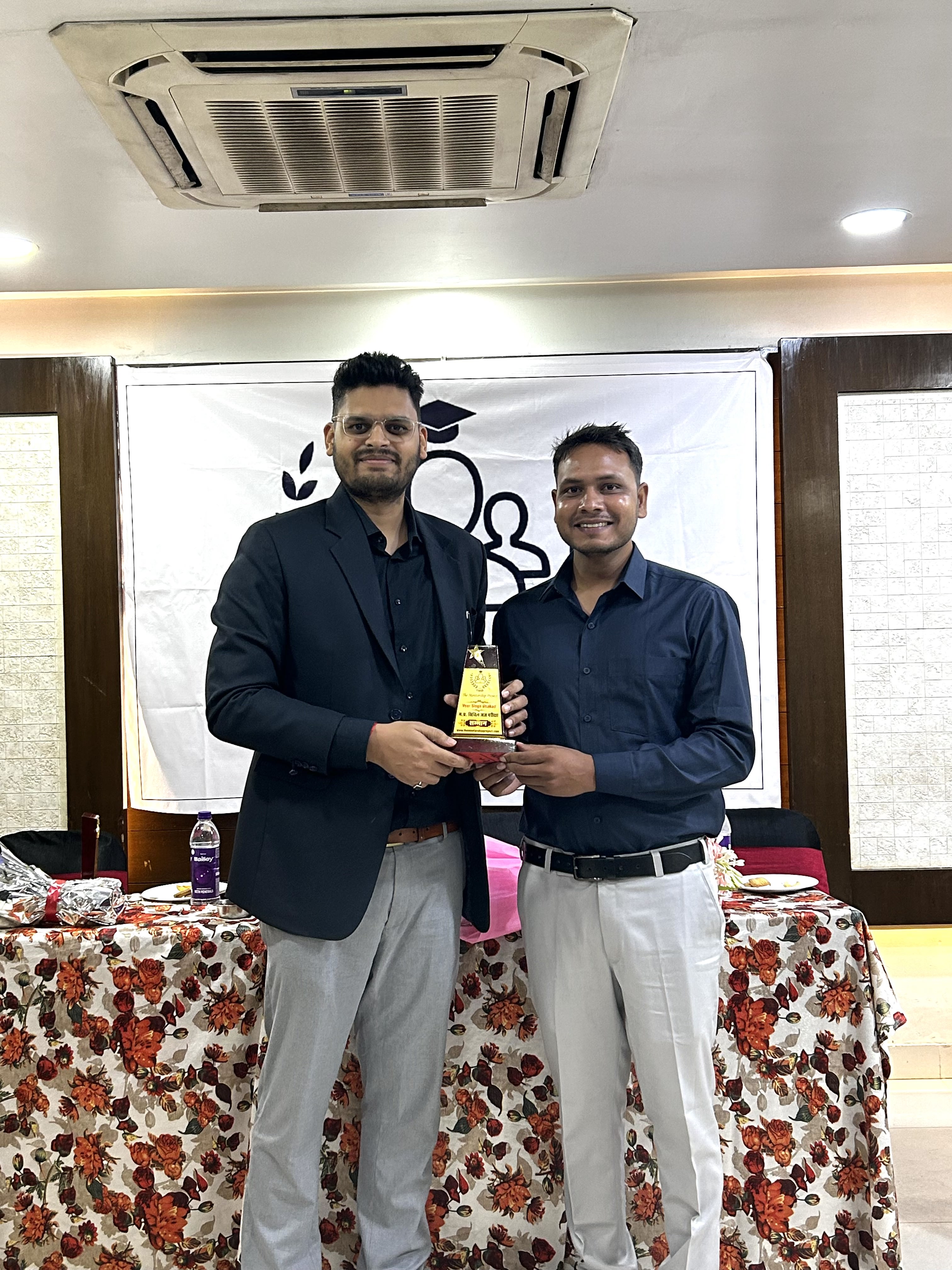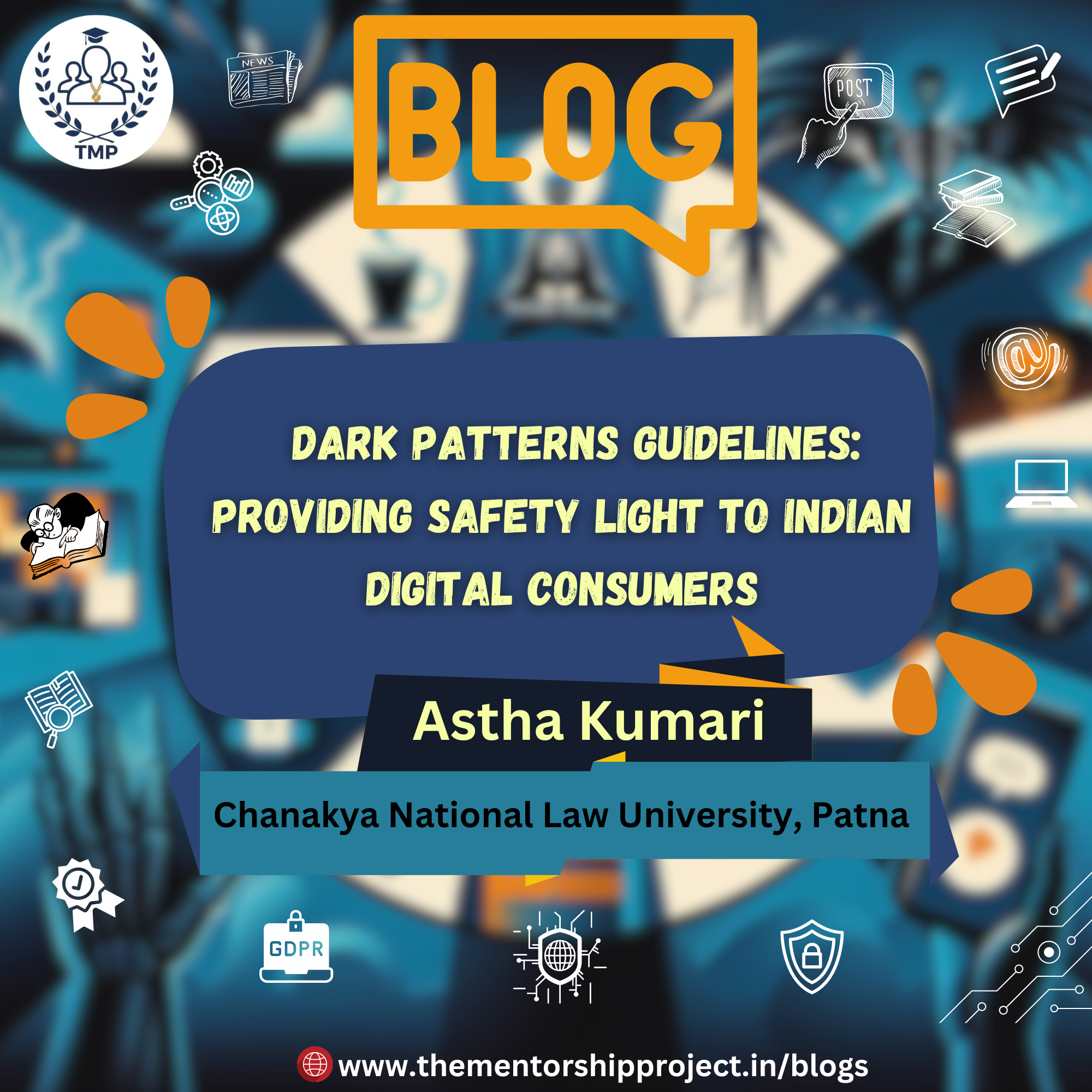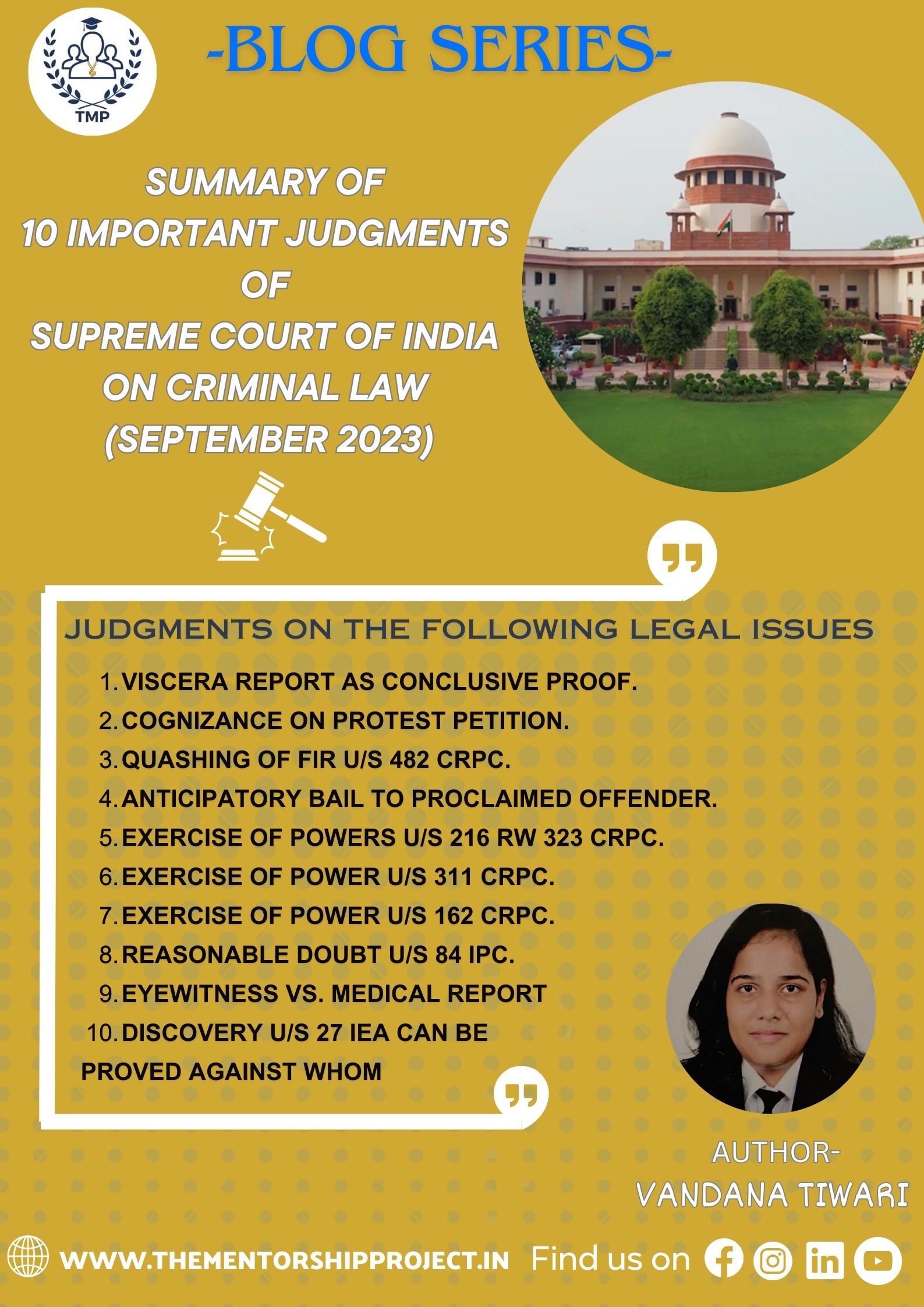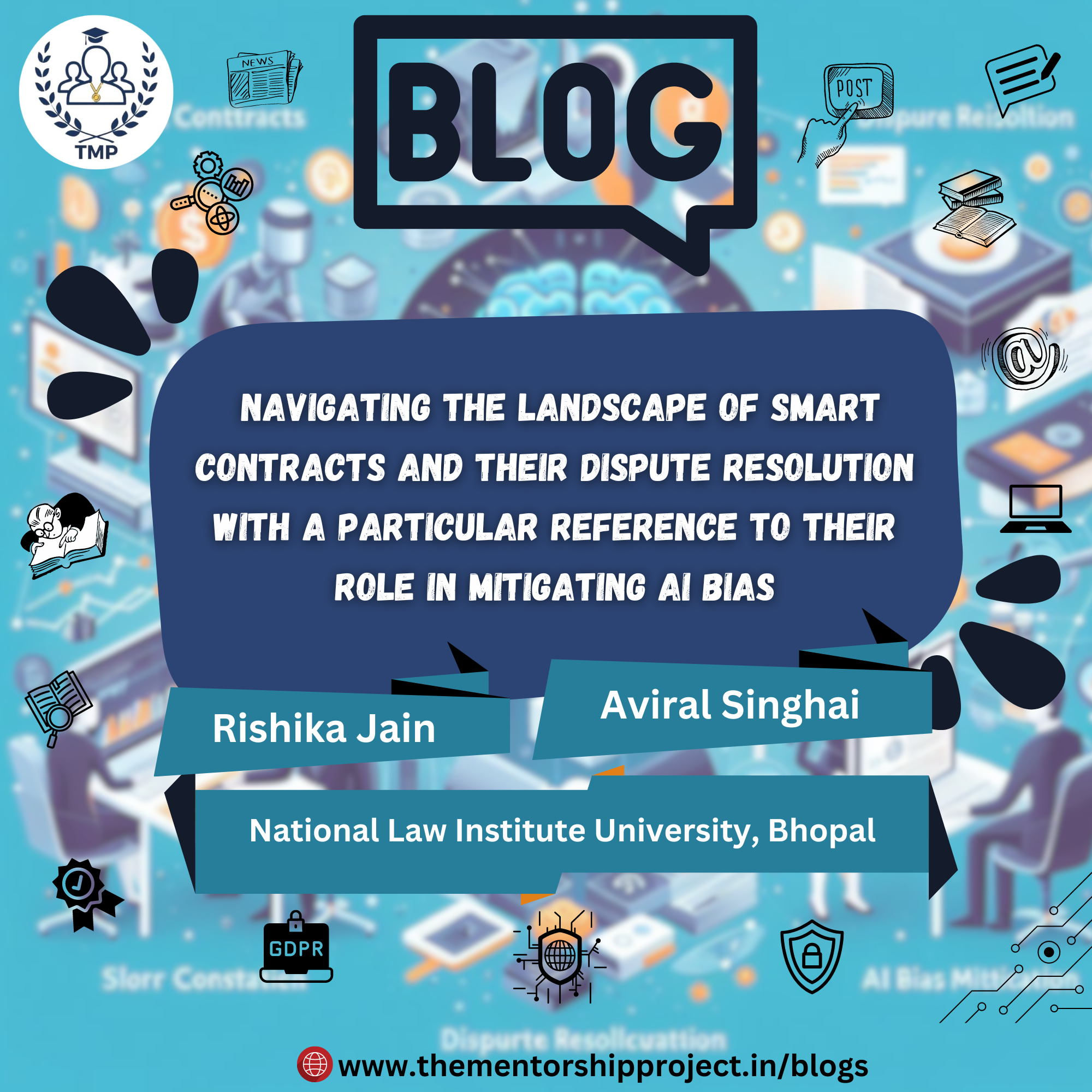November 01 , 2023
Higher Studies options that can prove to be better than LLM for Law Students
1. NAME OF THE COURSE - Public Policy and Governance
NATURE OF THE COURSE - The goal of this course is to help students gain a knowledge of citizenship, institutions, and processes as they relate to public policy and governance in India. It is called Public Policy and Governance in India - knowledge Processes, Institutions, and Citizenship. Professionals in the field of social policy and development as well as practitioners who need to familiarize themselves with the past and present trends in Indian policymaking would find it helpful. It is a blend of case study and theory-based teaching methods including movie screenings, presentations, group activities, and participant critical analysis of the texts. The goal of this course is to investigate how public policy and governance institutions interact during the policy-making process, with a focus on India. Students will be able to investigate and comprehend how formal and informal institutions, the nature of citizenship, and policy processes influence the creation and application of public policy.
POPULAR INSTITUTES- Tata Institute of Social Science ,Asim Premji ,TISS Hyderabad ,St Xaviers college Mumbai .
OPPORTUNITIES –
1. The Government Sector
Environment, Social Sciences, International Relations, Political Science, Administration, Law, Management, Geography, Economics, Science, Maths, and Statistics are several activities that require knowledge of Public Policy. There are many opportunities in the state and central governments that are involved in rural and urban planning and require public policy professionals in the above areas.
2. Research and Development
Numerous organisations – both national and international are involved in research and development activities, hence, advanced research in public policy is a viable option for making a successful career in public policy. Today, several institutes are offering advanced courses and research activities and, of course, promising careers.
3. Teaching
Public Policy is one of the most prestigious courses in the Indian varsities. Universities and institutes educate and train students, and some even provide them with placements. Students who are enthusiastic about teaching can get appointed as lecturers and professors in various public and private universities.
4. Public Administration and Public Policy
Public administrators have in-depth knowledge of both – society and policies. They understand political pressures, as well as the pressures of civil society, media, political parties, and other groups. With an educational background in public policy, public administrators are able to successfully execute their duties in a more precise and ethical manner towards the government and the people.
5. Management and Public Policy
Pursuing a course in Public Policy gives programme and operations managers an idea of how to manage and cope with the financial and HR policies in their organisations. It also helps them to design effective public policy strategies. Sound training in public policy also equips employees with soft skills such as techniques on time management, handling multiple projects and building resilience during stressful times.
Specialised courses in Public Policy were introduced late in countries like India. Having an educational background in this field helps to comprehend the challenges faced by the country, modify the existing policies, and introduce new policies and programmes.
2. NAME OF THE COURSE- Graduate Insolvency Programme
NATURE OF THE COURSE-The course aims to provide an exposure and in-depth understanding of the law, practice, regulations of the Insolvency and Bankruptcy Code, 2016, to Government officials, policy makers, working professionals, and practitioners in legal, secretarial, accountancy, academics, and researchers. The course focuses on juxtaposition of the practical aspects, legal principles and propositions within the realm of business, entrepreneurship with development of a cumulative and comprehensive understanding of insolvency laws. The course also aims to acquaint and equip the participants with the practical skills relevant to insolvency laws in the courts, tribunals in India along with the requisite negotiation and problem-solving skillst.
POPULAR INSTITUTES- Indian Institute of Corporate Affairs, NLIU Bhopal, NLU Delhi.
OPPORTUNITIES- A student who completes the GIP will be eligible for registration as insolvency professional under the Insolvency and Bankruptcy Code 2016, without having to wait to acquire the 10-year experience as required by the Code at present. For those aspiring to become in-house counsels or serve as advisors to stakeholders in insolvency, liquidation, bankruptcy or turnaround process, the GIP will benefit at entry level and in career growth. The GIP will also be great value to those who elect to become academics or researchers or work in media houses. Recognised by the Insolvency and Bankruptcy Board of India and curated by a group comprising eminent economists, insolvency, financial, legal and other experts, GIP is designed to provide exposure to real-time situations and on-ground training. The programme offers opportunities to work with leading insolvency professionals and other stakeholders providing the graduates the skill and experience that will help them to take their career to the next level and increase marketability to employers..
3. NAME OF THE COURSE - Masters of Cyber law & Information Security & Cyber Forensic
NATURE OF THE COURSE- The goal of this course is for students to maintain an appropriate level of awareness, knowledge, and skill to allow them to minimize the occurrence and severity of information security incidents. The Master of Science course in Cyber Forensics and Information Security program combines the disciplines of technology, business, organizational behavior, and law. Students learn techniques used to detect, respond to, and prevent network intrusions. The duration of the Master of Science course n Cyber Law and Information Security is two years and its syllabus is divided into four semesters.
POPULAR INSTITUTES - NLSIU, NLIU, NALSAR
OPPORTUNITIES-
- Cyber security Analyst: A cyber security analyst monitors computer networks and systems for security threats and works to prevent and mitigate security breaches. With an MSc in Cyber Forensics and Information Security, you can qualify for roles such as information security analyst, network security analyst, and security operations centre (SOC) analyst.
- Digital Forensics Analyst: A digital forensics analyst recovers and analyses data from computers, mobile devices, and other digital storage devices in order to investigate cybercrimes. An MSc in Cyber Forensics and Information Security can prepare you for roles such as digital forensic analyst, computer forensic examiner, and forensic data recovery specialist.
- Security Consultant: Security consultants help organizations improve their cyber security posture by assessing risks, developing security policies and procedures, and implementing security measures. An MSc in Cyber Forensics and Information Security can help qualify you for a role as a security consultant or security auditor.
- Information Security Manager: Information security managers are responsible for developing and implementing information security policies and procedures, and overseeing the security of computer networks and systems. With an MSc in Cyber Forensics and Information Security, you can qualify for roles such as information security manager, chief information security officer (CISO), and security director.
- Cyber security Researcher: Cyber security researchers work to develop new methods and technologies for securing computer networks and systems. An MSc in Cyber Forensics and Information Security can prepare you for roles such as cyber security researcher or security software developer.
Author-
Vandana Tiwari








